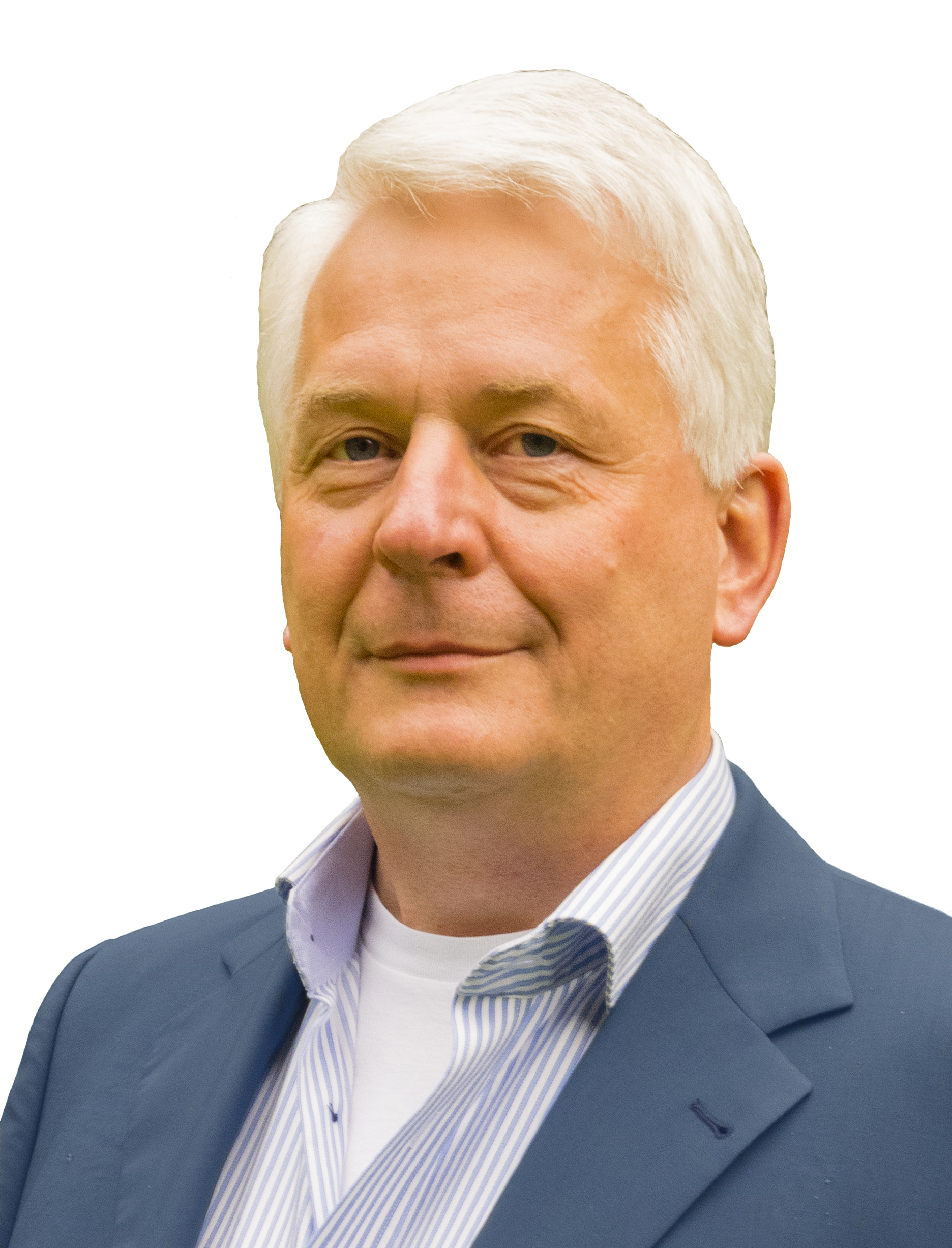Systems Engineering Versus Systems-of-Systems Engineering – A Substitute Debate Masking a Severe Issue
The term System-of-Systems (SoS) has been coined in an era when distinct levels of a system architecture were given specific names, and the term system was assigned to products bought as separate entities from industrial enterprises. The emergence of innovative and complex command and communication technologies for coordinating the systems involved required systems engineering to be applied above the system level. Thus, the term SoS has been established. Later, system nomenclature changed to a recursive scheme of systems and system elements. The term SoS should have become obsolete, but it is still in use today.
Initially, systems engineering has been a multidisciplinary effort demanded by procurement agencies for ensuring system life cycle efficiency in early conceptional development. The outcome were specifications to be satisfied by suppliers. Due to the innovative nature of the specification requirements, suppliers developed appropriate products and services in most cases on demand. Now, systems engineering captures the complete development of products and services by enterprises acting in a market economy. Commercial enterprises are aiming for commercial success in terms of profit primarily, with considerations regarding customer satisfaction, total cost of ownership and further system life cycle issues as secondary concerns. This is unsatisfactory from a pure system life cycle perspective.
Advocates of a specific role of SoS engineering today remind the systems engineering community not to miss the original objectives of systems engineering. This viewpoint is not well addressed by the codification of systems engineering in ISO 15288 and the INCOSE SE Handbook.

Dieter Scheithauer provides systems engineering support services under the brand name H·I·T·S Engineering. He has lifetime experience in the field of automatic control, with the development of high-integrity technical systems including safety critical flight control systems, and defining, implementing and executing effective and efficient systems engineering processes.
He graduated as Diplom-Ingenieur in 1980 and received a doctor’s degree (Dr.-Ing.) in 1987, both at the Universität der Bundeswehr München. He is a former president and an honorable member of GfSE e.V. – The German Chapter of INCOSE. He became an INCOSE CSEP in 2010, and an INCOSE ESEP in 2012.